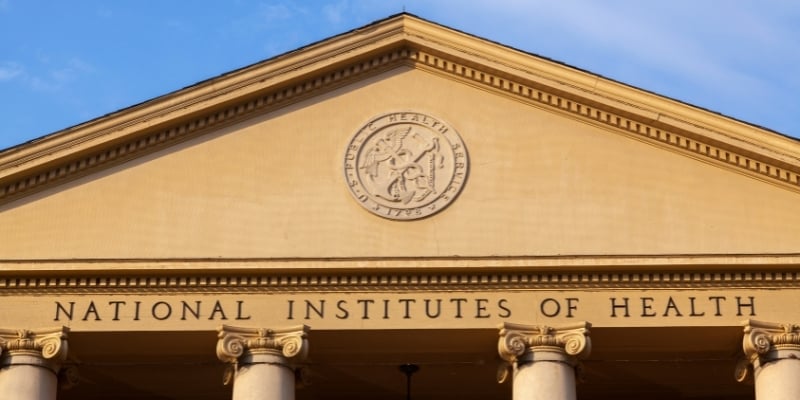Three patients — a 16-year-old boy with diabetes, a 25-year-old mother and a 75-year-old grandfather — are crammed into a hospital triage tent and struggling to breathe. Only one ventilator is left. Who gets it?
This is the kind of wrenching ethical dilemma that critical-care doctors, nurses and medical officials across the United States are bracing for as cases of coronavirus surge and hospitals become overwhelmed.
Do they allocate intensive-care beds on a first-come, first-served basis? Do they pull one patient with a limited chance of survival off a ventilator to give it to another with better odds?
If two patients have equal medical need and likelihood of recovery, do they pick the youngest? Or the one with the greatest number of dependents? Should physicians and respiratory therapists, or even police officers and firefighters, be jumped to the front of the line?
“Everyone’s on red alert and gaming things out and saying, ‘What are we going to do if … ?’” said Dr. Matthew K. Wynia, director of the Center for Bioethics and Humanities at the University of Colorado.
Anyone who feels strongly that they would choose to sacrifice themselves for a younger person, or one with fewer health complications, could update their advance healthcare directive now, before it’s too late.
“It’s one of the things that has not really been talked about,” Wynia said. “If you would say, ‘Give it to the young person, I’m OK,’ you should be saying that now, while you can still speak.”
Read the full story at the Los Angeles Times.






